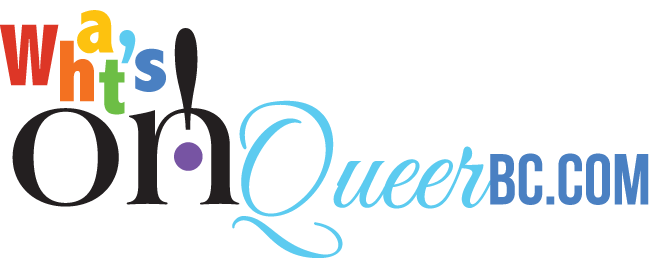Inclusive Online Competitions Connect Communities Through Fantasy Leagues
From Twitch streams to Discord servers, LGBTQ+ gamers are reshaping the gaming world into a space that celebrates identity, community and play. Today, queer gamers are not just participating in online gaming communities; they are building and leading them. Through grassroots efforts and innovative platforms, these players are turning the gaming world into a more inclusive, affirming space for everyone.
Video games have long been a refuge for those seeking escape and expression, whether through immersive storytelling, competitive play, or even casual betting in gaming-related environments. But for queer gamers, mainstream gaming spaces haven’t always been welcoming. Toxic chat rooms, stereotyped characters and gatekeeping have made many LGBTQ+ players feel sidelined. Yet in the face of this, queer communities have carved out their own virtual sanctuaries—places where identity and passion for games can thrive together.
Finding Belonging in Virtual Worlds
Online games offer more than entertainment. They are a place where people meet, talk and form lasting friendships. For LGBTQ+ gamers—especially those in small towns or unsupportive environments—these virtual connections can be life-changing.
Queer-friendly guilds in games like World of Warcraft, Final Fantasy XIV, and Destiny 2 have created supportive networks where members can be open about their identities without fear of harassment. On platforms like Reddit and Discord, LGBTQ+ gaming servers allow users to share tips, form teams, or just chat casually in a safe space.
These spaces aren’t niche anymore. Many have thousands of members and are moderated with care to ensure respect and inclusivity. They offer what many mainstream servers lack: community guidelines that prioritize identity, safety and inclusion over competitiveness or anonymity.
The Power of Queer Streamers
Streaming has become one of the most visible ways queer gamers are reclaiming the gaming world. On Twitch, a growing number of LGBTQ+ creators are sharing their gameplay alongside personal stories, activism and humor. This visibility helps normalize queer identities in a space once dominated by hypermasculine norms.
Streamers like Deere, Nikatine, and UrbanBohemian have built loyal audiences by being unapologetically themselves. Many use their platforms to speak out on issues like trans rights, queer mental health and representation in games. They also spotlight indie games by queer developers, broadening exposure for stories that aren’t told in AAA releases.
What sets these streamers apart isn’t just their gameplay—it’s their ability to turn a livestream into a digital community centre. Through chat, subscribers and social media extensions, viewers feel seen and supported. In turn, these communities often donate to LGBTQ+ causes, support each other through life challenges and organize offline meetups at conventions and pride events.
Building a Better Gaming Future
While progress is being made, challenges remain. Harassment and discrimination are still common in competitive spaces, especially in voice chats and ranked matches. But the rise of queer-led gaming groups is proving that alternative models for community are not only possible but thriving.
Game developers are also taking note. Titles like Dream Daddy, The Sims, and Tell Me Why center queer narratives without turning them into stereotypes or trauma. Indie developers—many of whom are queer themselves—are leading the charge in telling authentic stories that resonate with diverse players.
Looking ahead, the growth of queer gaming spaces shows no signs of slowing down. As more players seek out communities that reflect their values and identities, the demand for inclusive games and environments will continue to rise. Whether it’s through streaming, moderating a Discord, or just playing in a safe and respectful group, LGBTQ+ gamers are proving that the gaming world doesn’t belong to one type of player—it belongs to everyone.
Please play responsibly. The 2SLGBTQiA+ community is known to be at higher risk for gambling-related harm due to a range of social and economic factors. If you or someone you know is struggling with gambling, there are support services available in British Columbia. Contact the BC Gambling Support Line at 1-888-795-6111, available 24/7, or visit www.bcresponsiblegambling.ca for confidential help, information, and free counselling.

